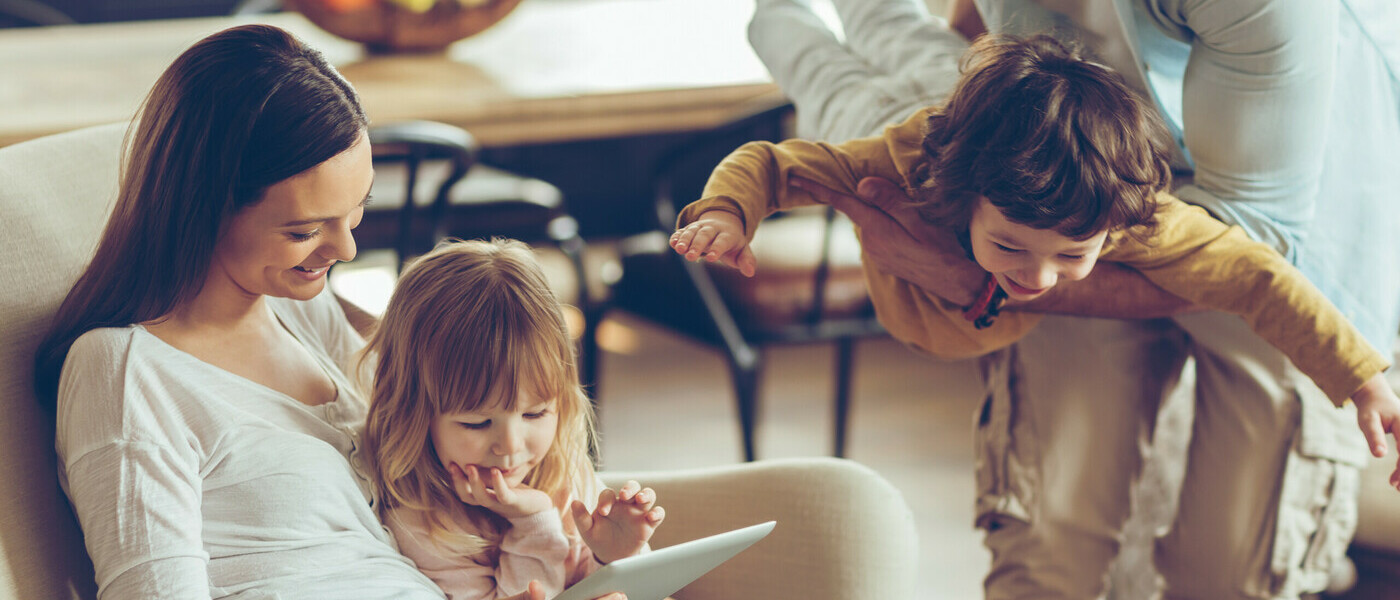What are the 3 benefits of self-discipline for children?

Imagine that your child dresses up after breakfast without reminding them. Your child works on their assignment right after finishing their snack. Your child asks for your help instead of wailing when another kid takes their toy. Your 16-year-old comes home before dark. Your child does all of these things independently, without nagging and bribing. This type of behaviour is possible through self-discipline. Read on to learn what self-discipline is and its benefits. In this blog post, caregivers will also learn about a class that teaches parents how to instill self-discipline in their children.
What is Self-Discipline, and How Does it Relate to Positive Discipline?
Self-discipline is one’s ability to control feelings, impulses, desires, and cravings. A self-disciplined child does what is right regardless of the circumstances. They can also make wiser choices. Overall, self-discipline can help your child be more responsible and accountable, also in adulthood. As a caregiver, you can be more at peace and trust your child to make good choices on their own.
Children can learn self-discipline when their parents use positive discipline methods. Positive discipline means that a caregiver guides and teaches their child, instead of forcing them to obey. (source: Canadian Pediatric Society). An excellent way to teach a child positively is to explain why a specific behaviour is unacceptable, why there is a consequence for that inappropriate act, and what they can do to improve.
3 Benefits of Self-Discipline
- Act in a responsible manner
Children are more aware of themselves when they are self-disciplined. They can recognize and understand their emotions, strengths and weaknesses. Thus, they have more self-control.
For example, if another child takes away your 5 -year old’s toy without permission, your child will not act impulsively even if they are upset. Instead, they might ask an adult for help.
- Create positive relationships
Children have better relationship skills when they have self-discipline. They can gauge other people’s emotions and act appropriately. They can also resist peer pressure and seek help because they know their values.
- Perform better in school
When a child has self-discipline, they will prioritize studying and long-term goals. They will use things such as scrolling through social media as a reward for completing their assignments. With this attitude, they can perform better in school.
